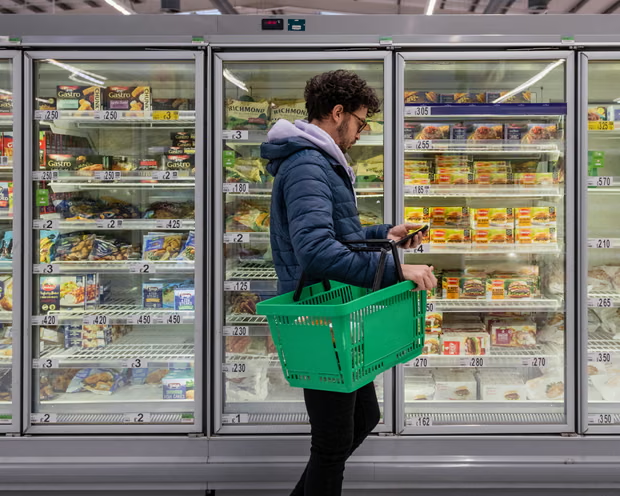UK shop price inflation rose to 1.4% in September, up from 0.9% in August, as households faced higher costs for home improvement and gardening goods. The rise came despite food prices stabilizing, according to the latest data from the British Retail Consortium (BRC) and analysts at NIQ. Retailers warned the government that upcoming tax increases could further fuel inflation, adding pressure on consumers already struggling with rising prices.
After nearly 18 months of falling prices, non-food goods appear to be showing year-on-year growth again. Prices were just 0.1% lower in September compared with a drop of 0.8% in August. Falling costs on back-to-school items, such as laptops, helped offset some of the price increases in other areas like DIY products. Annual food price inflation remained steady at 4.2% in September, the same as August, after months of steady increases.
Helen Dickinson, chief executive of the BRC, said households are feeling the strain of higher shopping costs. She explained that global pressures, rising energy costs, wage increases, and higher national insurance contributions for employers are pushing up prices for producers and retailers alike. Energy and labour costs, including the recent rise in employers’ NICs, continue to raise input costs for many producers, including farmers. Dairy and beef prices remain high.
Mike Watkins, head of retailer and business insight at NIQ, noted that low consumer confidence is encouraging retailers to maintain promotions and special offers. Shoppers are increasingly price-sensitive. With inflationary pressures persisting, many remain cautious about personal finances and look for deals.
The latest BRC figures suggest that food price inflation may have peaked, with expectations that it could ease late this year or in early 2026. Despite this, the Bank of England recently held off cutting interest rates due to concerns that high food prices continue to push overall inflation higher.
Chancellor Rachel Reeves has indicated that tax increases or spending cuts may be needed to cover a £30 billion budget gap amid slower growth and revised productivity figures. Dickinson warned that the new packaging tax, effective from October, would add further upward pressure on prices. Retailers are absorbing as many costs as possible to maintain value for customers, but additional tax rises could extend higher prices for households.
Retailers face a total cost increase of £7 billion this year. The rise is linked to changes in employers’ national insurance contributions, packaging levies, and increases in the legal minimum wage introduced in April. These factors combine to keep shop prices elevated, affecting both businesses and consumers. Dickinson emphasized that households ultimately bear the impact of government decisions on taxation and spending.







